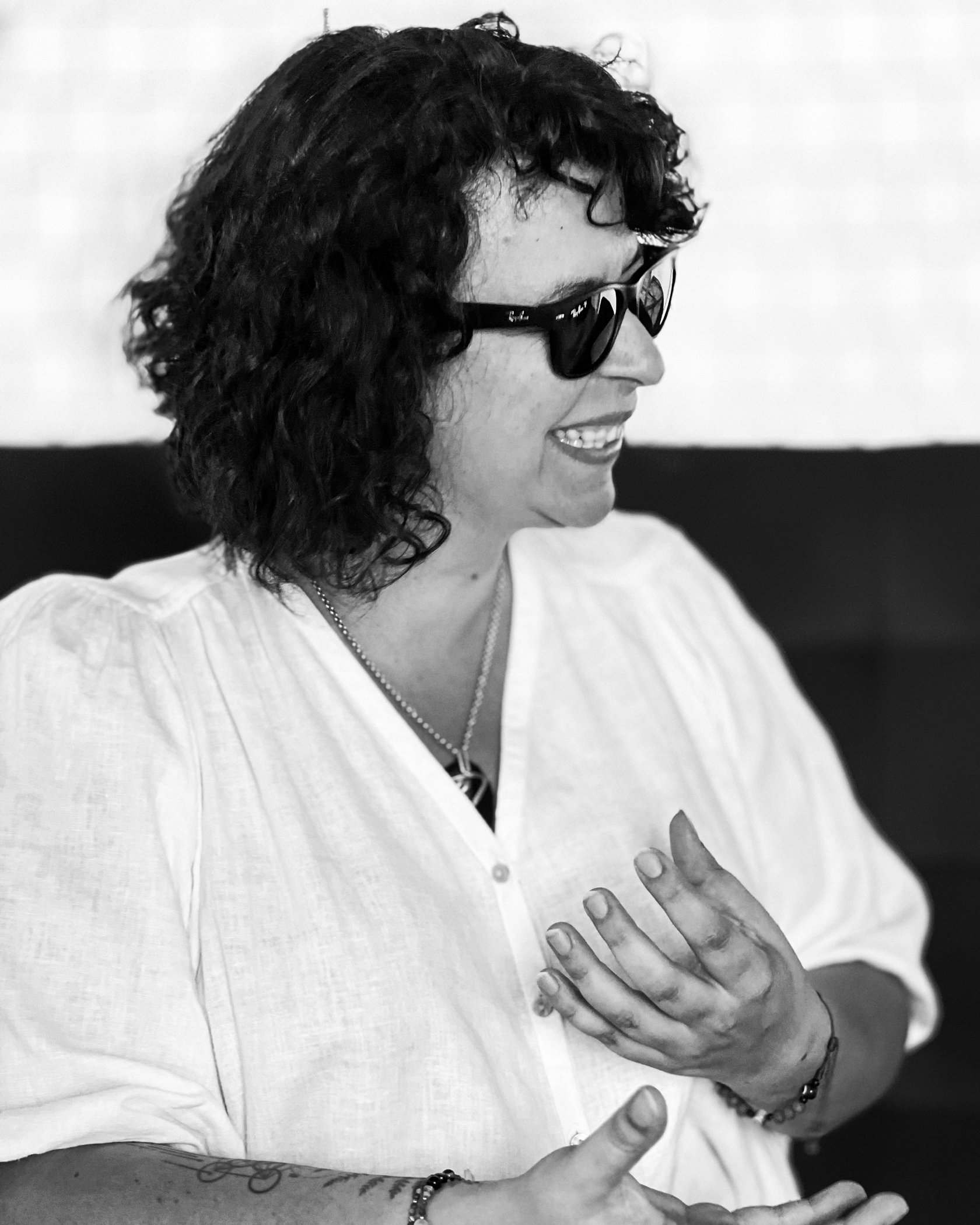
18 Jul Women’s Entrepreneurship and Immigrant Assimilation. Conversations in Tichauer Art Gallery.
Women’s discrimination in the business environment and the process of immigrant assimilation are current social challenges that Europe faces. Participants of the two-day panel discussion, organized as part of the ‘Better Together’ project at Tichauer Art Gallery, initiated a confrontation with these problems through open and constructive exchange of views.
The meetings at the Tichauer Gallery in Tychy were attended by women successful in the worlds of business and art: Dr. Kamila Tuszyńska, Karolina Skorek, Oksana Bagriy, Agnieszka Kijas, and Joanna Polonius. The participants shared their experiences and knowledge about entrepreneurship, identifying the main problems women face in their environments. Discrimination, undervaluation of work, and sexist treatment are challenges that still stand before Polish society. ‘Despite the undeniable contribution of women to the development of Polish business, they still encounter unequal treatment,’ noted Dagmara Giej-Rusnak, manager of Tichauer Art Gallery.
During the meeting ‘Female Entrepreneurship – Is the business environment friendly to it?’ issues related to combining business and art were also discussed. Participants argued that art could be used in building a brand’s image and shared their experiences in this area. ‘It can influence the brand’s perception on multiple levels, and practices from this area can bring positive results,’ emphasized Giej-Rusnak.
‘Borders – the topic of immigration and assimilation in various European environments’ was another panel discussion organized at the Tichauer Gallery. The topic of immigrant community assimilation, despite the efforts of central authorities, which have been taking various actions for decades thinking about their integration, still arouses numerous emotions. This is particularly pressing in the context of the increasing number of people migrating to Europe for various reasons, and the project ‘Better Together – smart cooperation as a way of providing better cultural services’ was dedicated to its solution.
During the panel, the situation of immigrants in Poland and other countries was discussed, identifying both differences and similarities in the attitudes they encounter. Participants focused on the first steps of newcomers in a new country and the role of state and private institutions. The experts’ statements also concentrated on the key problem faced by migrants – the possibility of continuing education and professional work in a foreign country. The discussion also highlighted the role of art as an important element in building understanding between different cultures. The speakers unanimously stated that art can be a significant tool for mutual understanding, respect for differences, and finding common points.
The project ‘Better together – smart cooperation as a way of providing better cultural services’ aims to explore ways of organizing and arranging contemporary art exhibitions and understanding the key role they play in building the brand of cultural institutions. This is the first panel discussion of this type organized by the Tyska Fundacja Promocji Kultury i Turystyki Browar Obywatelski in collaboration with partners.”


No Comments